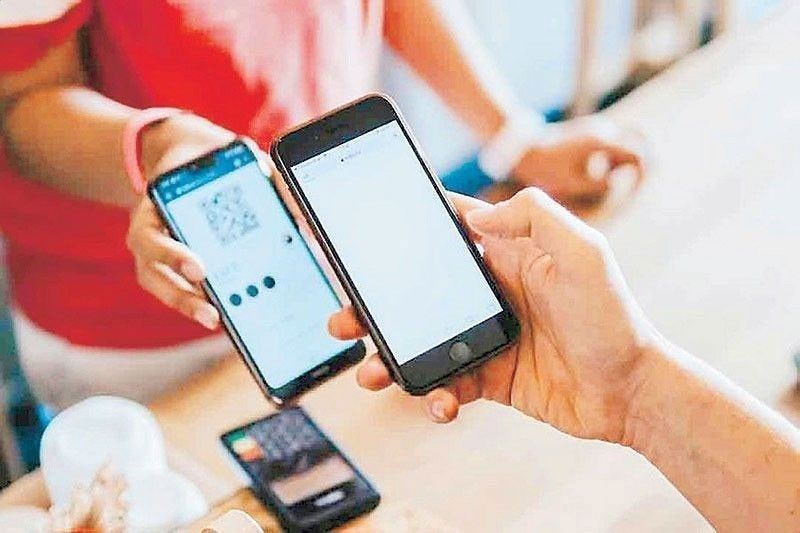Keisha Ta-Asan – The Philippine Star
October 20, 2025 | 12:00am
MANILA, Philippines — The arrival of global digital wallets Apple Pay and Google Pay in the Philippines marks a key milestone in the country’s journey toward a more mature and secure cashless ecosystem, according to regional payments enabler Fiuu.
“This is an important step for the Philippines. It signals how these tech giants view the country as a market they’re ready to support and shows that our ecosystem is ready to accept global solutions,” Wudie Morales, head of Philippines at Fiuu, said in an interview.
Morales said the launch of the two major wallets reflects not just growing consumer demand, but also the country’s readiness to align with international payment standards. However, he emphasized that local players still need to “ramp up in terms of security and integrations” to ensure interoperability between mobile and web transactions.
At present, no local banks have fully met the technical requirements to issue cards compatible with Apple Pay and Google Pay, although Morales said several financial institutions are “in active discussion” with the global platforms.
“On the acquiring side, we’re ready. Our merchants can enable these channels immediately once the wallets are activated locally,” he said.
Morales explained that these global wallets bring stronger security for both consumers and merchants. “It minimizes exposing credit cards to fraud. When you add your card to a wallet, your information is masked, only a token is exposed,” he said. “If a merchant is compromised, they can’t see your actual card details.”
This technology, he said, is crucial amid rising incidents of unauthorized transactions and online scams in the Philippines. Fiuu, which operates across other Southeast Asian markets, uses regional fraud monitoring patterns to alert its merchant partners about emerging risks.
For consumers, Morales said the wallets offer both convenience and safety, whether through a simple tap-to-pay via near-field communication or a one-click online checkout. “It shortens transaction time and provides guaranteed security,” he said, adding that Gen Z consumers are expected to be early adopters.
Still, the challenge lies in the readiness of local systems to meet strict global standards for speed, security and user experience.
“Some banks are still upgrading their systems to comply,” Morales said. “It’s something that can’t be fixed on our end but on the bank’s side.”
He also noted that the entry of Apple Pay and Google Pay should “force everyone to level up” and match international standards.
“We’re already on the right track. This change is bigger than just launching another e-wallet, it connects Filipinos more deeply into the global digital economy,” he said.
Morales also underscored the importance of collaboration among the Bangko Sentral ng Pilipinas, banks, fintechs and merchants in advancing the country’s payments modernization.
Fiuu, which supports payment systems in Southeast Asian markets, plans to expand its presence in the Philippines by offering omnichannel payment solutions for merchants.
“We simplify everything – one integration, one report, one provider. That’s our proposition,” Morales said. “Once Apple Pay and Google Pay go live here, we’ll extend these services to our network and partners.”

